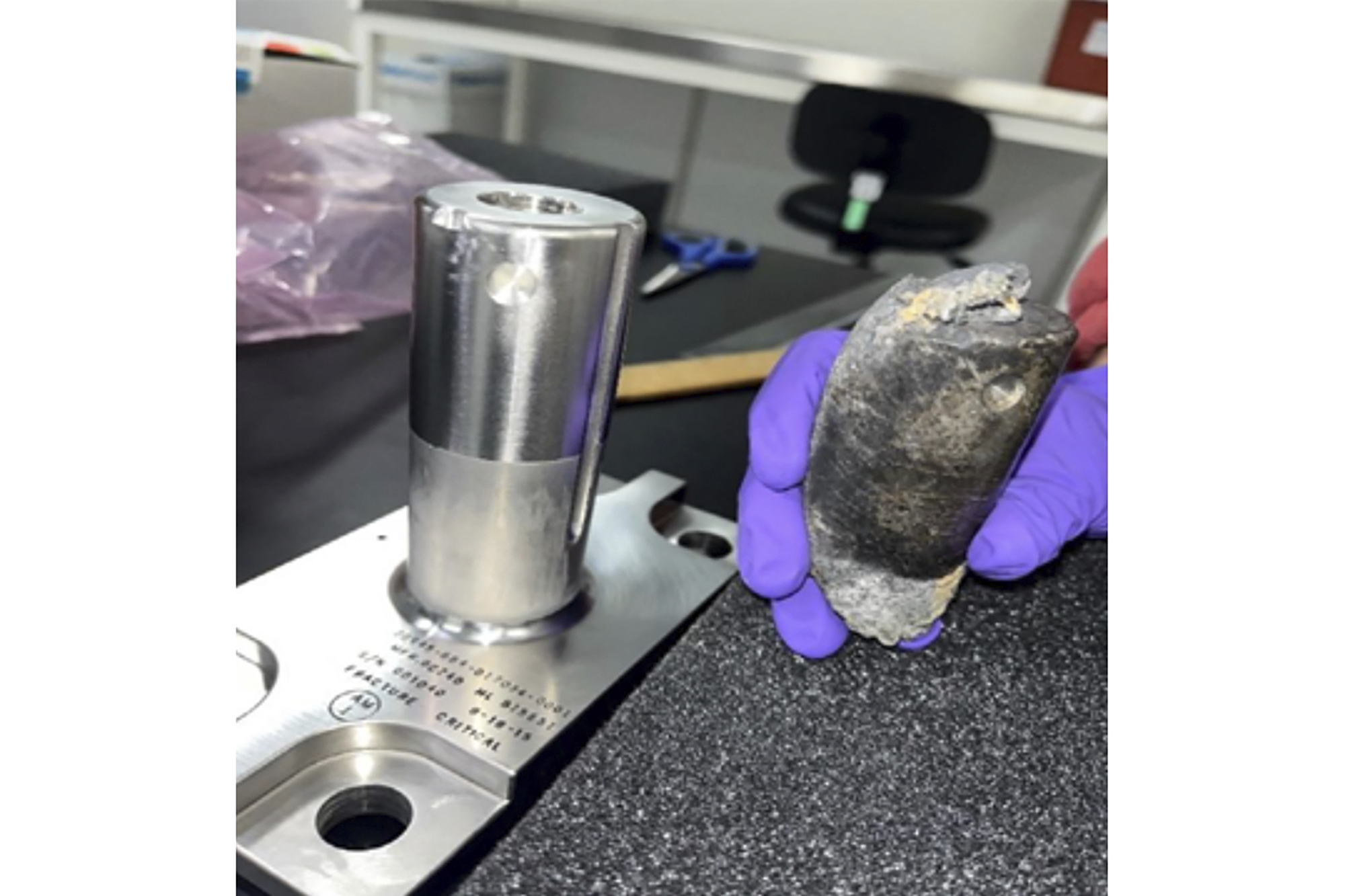The Obama administration Monday indicated that it will not unveil new measures to aid the financial services industry this week, but will instead move on the issue of Wall Street bonuses and executive compensation.
In an interview aired on NBC Monday, Obama said, "I don't want to pre-empt an announcement next week," when asked if the administration was committed to the bad bank idea.
The President added that "we're going to have see some of this debt written down."'
The bad bank concept and other measures to aid the banking were at the center of a weekend's worth of discussions between government officials and representatives of the financial services industry. Those talks also included new rules on executive pay and lending transparency for institutions receiving funding under the TARP program.
The bad bank concept is "part of an overall plan," the president told NBC in the interview.
The president confirmed in the interview that his administration would be addressing the compensation issue, saying he had asked Treasury Secretary Tim Geithner to "put together a clear set of guidelines. If a bank or financial institution is getting relief, then they've got to abide by certain conditions."
The interview confirmed earlier reports on CNBC.com that the Obama administration was moving ahead on executive compensation rules and delaying an announcement of "bad bank" measures.
U.S. & World
Though details of the intended Obama administration announcement on Wall Street compensation are unknown at this time, it looks set to be part of a revised TARP plan, which both Congressional Democrats and senior White House advisors have laid out in recent weeks.
Last week President Obama chastised Wall Street firms for handing our large executive bonuses, while petitioning for government assistance and in some cases struggling to survive, calling the situation “shameful” and "outrageous." Congress is also considering legislation capping executive compensation.
In his weekly radio address Saturday, the President said new initiatives would make sure chief executives "are not draining funds" from their firms that might otherwise be spent on fueling an economic recovery, through loans and other instruments.
- Obama's First 100 Days: What He's Done
Slideshow: Bank Failures of 2008
In seeking Congressional authorization of the final $350 billion of the TARP plan, the Obama administration said it wanted to have "potential ammunition" for the financial sector but also made it clear it would seek tougher conditions on participating firms, mirroring legislation crafted by Rep. Barney Frank (D.-Mass.), the chairman of the powerful House Financial Services Committee.
New terms on executive compensation as well as lending transparency for firms participating in the government bailout were part of the talks with industry members Sunday.
Those talks also centered on a group of options that the Obama administration is considering to provide aid to the financial sector. They include a "bad bank" concept to buy toxic assets from firms, as well as more capital injections and a so-called "ring fence" concept, in which the government uses a combination of guarantees and insurance to cover bad assets within an institution without technically removing them from the balance sheet.
The President also told NBC "some banks won't make it," an assessment shared by top bank executives.
JPMorgan Chase (NYSE: jpm) CEO Jamie Dimon last Friday told CNBC the same thing, adding that the government should let them fail rather than allow them to survive through "permanent life support."
Bank failures have been surprisingly few this far, but that is expected to increase as the economy worsens and the credit crunch drags on. Obama may have been acknowledging as much, as well as sending a signal to the financial community that government support won't be limitless, even as has repeatedly said that supporting the financial system is a priority.
Though the massive stimulus package has clearly been the White House’s chief focus in the early days of the new administration, President Obama has been pressed to consider additional ways to support the still-struggling financial system.
At the same time, negative publicity about large bonuses for Wall Street executives amid the financial sector meltdown and massive amounts of federal aid has ignited government and taxpayer indignation. That issue first came to a boil last fall when executives first came under pressure to voluntarily forego such bonuses.
In addition, Congressional Democrats have been crying foul over former Treasury Secretary Henry Paulson’s administration of the TARP, saying it was both too generous and lenient on Wall Street firms receiving aid.
In mid-January, Rep. Frank introduced legislation revising the TARP, which included tougher terms on both executive pay and lending practices.
Sen. Claire McCaskill (D.-Mo.) Friday proposed a cap on total compensation of $400,000 a year on executives, until their companies no longer rely on government aid.
The latest outcry over executive pay happens to coincide with a growing consensus that the financial services industry will need more government aid amid a worsening economy and seemingly malignant credit crunch.
The concept of a government-run entity that would buy the troubled assets of private sector firms to help clean up their balance sheets has gained considerable momentum since Federal Reserve Chairman Ben Bernanke mentioned it prominently in a major about two weeks ago.
But like an earlier auction-based plan conceived — and then dropped — by Paulson, it’s viability has been undermined by questions about how the assets would be valued.
Analysts and industry executives alike also say it is hardly a cure all.
They say some institutions may be better served by the “ring fence” concept, which the Fed and FDIC recently instituted at Citigroup (NYSE: c) and Bank of America(NYSE: bac).
Still others say more capital injections are needed, either for a first or second time at some institutions. Virtually all of the TARP's first $350 billion was spent that way, with the govenment receiving preferred stock in exchange for its capital.For more stories from CNBC, go to cnbc.com.



